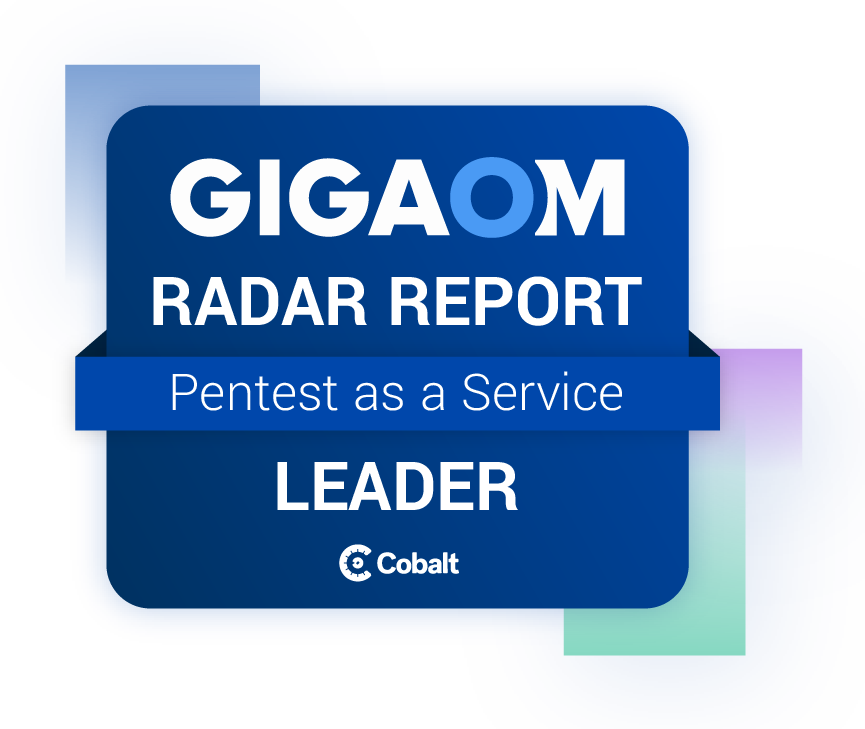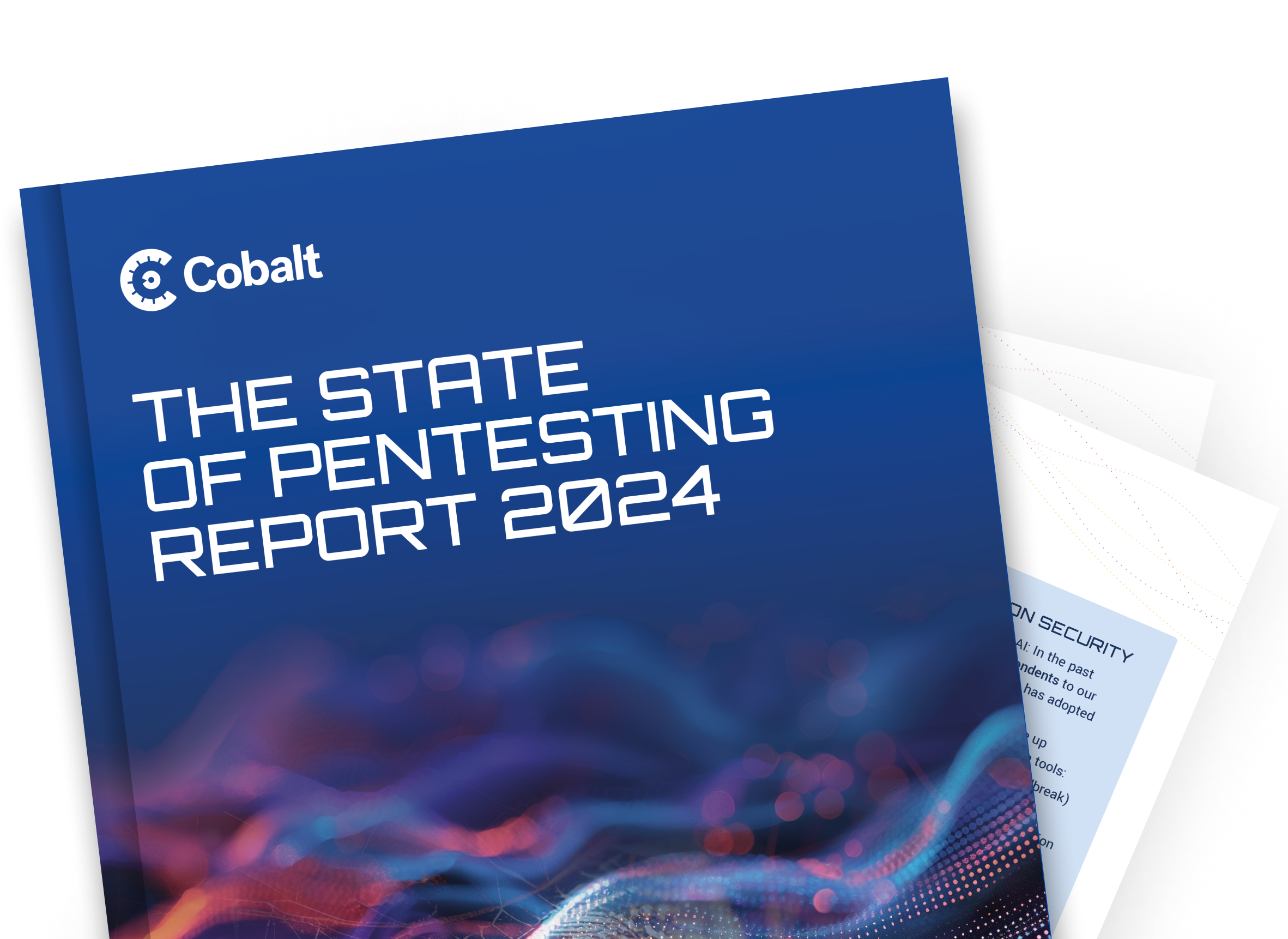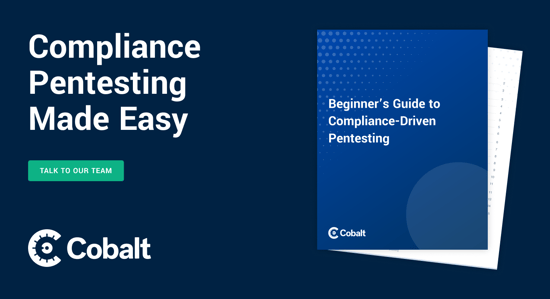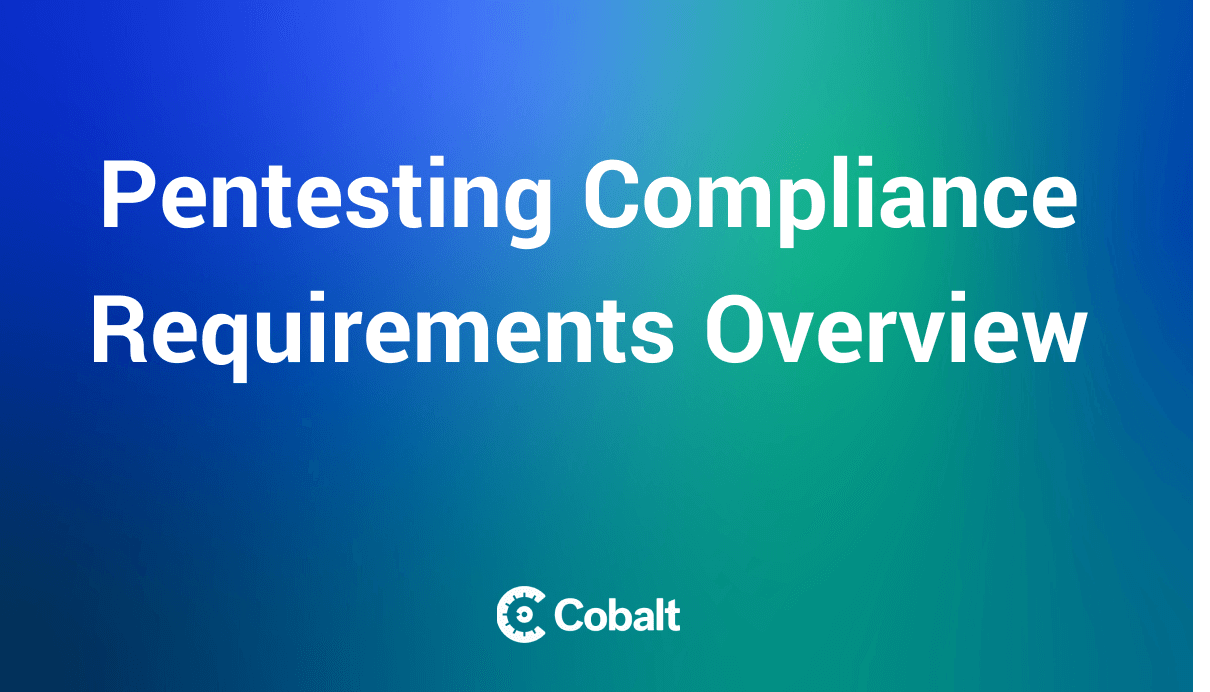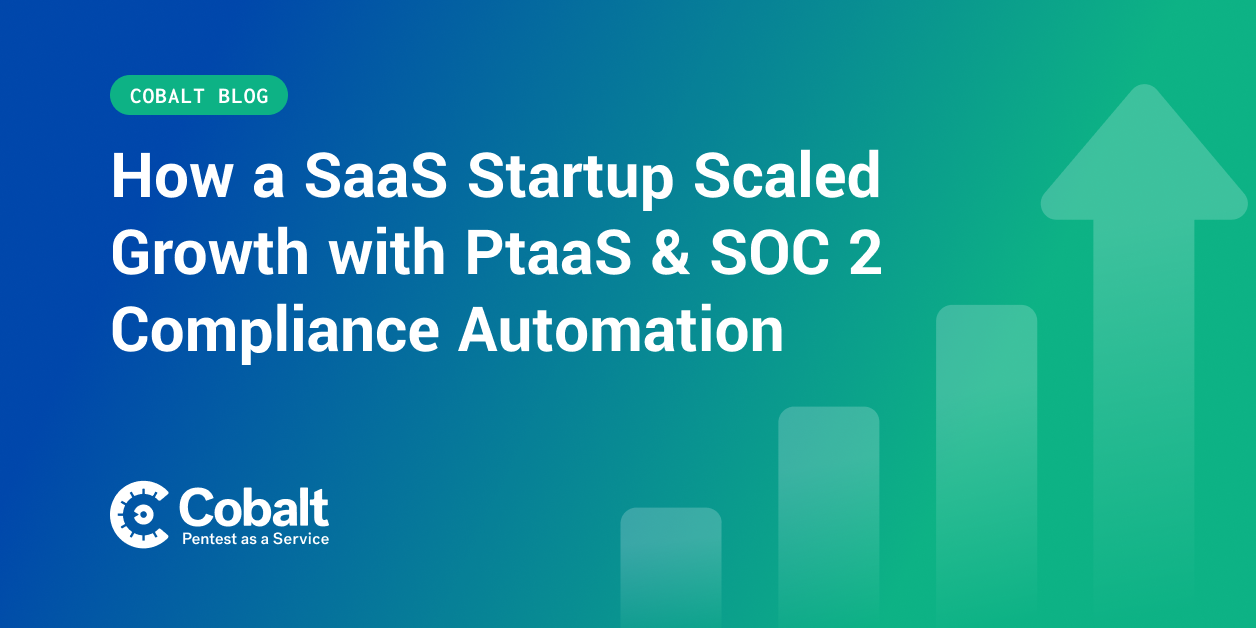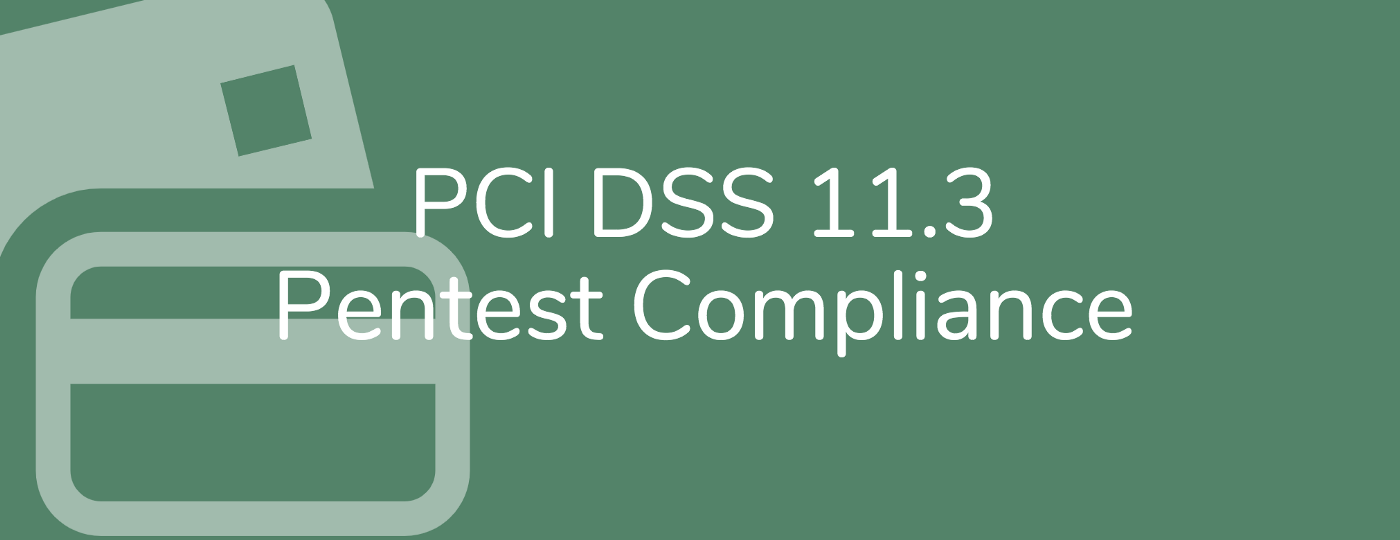End-of-year compliance checks are crucial to any organization’s well-managed security posture. These checks ensure that an organization meets necessary standards, which can vary based on industry regulations or client requirements. For example, in heavily regulated sectors like the payment card industry (“PCI”), annual penetration tests (pentests) are often a requirement. Similarly, certifications like ISO 27001 or SOC2 are often necessary to secure business relationships and demonstrate to customers that an organization adheres to stringent security protocols.
Complying with these standards not only helps avoid costly penalties, but also helps to build trust with clients, partners, and other stakeholders. In some cases, compliance is even a prerequisite for engaging with certain clients, as these standards serve as proof that a company’s security measures are robust enough to protect sensitive data.
As the year draws to a close, many organizations are focused on meeting their compliance requirements, making this an ideal time to ensure that their security posture aligns with any standards, regulations, or requirements. Compliance-driven pentests are a key tool in achieving this alignment, providing valuable insight into an organization’s security readiness.
In this article, we’ll explore the importance of compliance-driven pentests and how they contribute to security and business growth. Specifically, we will discuss:
1. Meeting Industry Requirements and Streamlining Business Operations: How pentests support compliance mandates in regulated industries like PCI and help meet standards like ISO 27001 or SOC2.2. How Compliance Reduces Due Diligence Times: The role of pentests in speeding up sales cycles and reducing operational costs by streamlining vendor due diligence.
3. Building Customer and Partner Trust: How compliance-driven pentests foster trust and prevent financial penalties.
Meeting Industry Requirements & Streamlining Business Operations:
- Adapting to New Standards: Compliance needs often evolve as organizations mature, grow, and expand. For example, if an organization enters international markets, they may need to comply with additional regulations such as the Digital Operational Resilience Act (“DORA”) in the EU. Ensuring compliance with these ever-changing standards requires ongoing assessment and testing, like regular pentests, to stay up to date and avoid compliance gaps.
- Streamlining Workflows: By adhering to various compliance frameworks, organizations can implement a structured processes that helps to streamline workflows. These structured processes not only ensure security, but they can also improve overall operational efficiency, eliminating redundancies and aligning resources with business needs.
- Improving Resource Management and Reducing Costs: Regular monitoring and auditing, which are part of many compliance requirements, can help optimize resource allocation, minimize operational inefficiencies, and ultimately reduce costs. Over time, these improvements contribute to a more secure and cost-effective security posture.
How Compliance Reduces Due Diligence Times:
- Meeting Industry Requirements: Industry verticals, such as: finance, healthcare, and payment processing require annual pentesting as part of their compliance obligations (e.g., PCI DSS for the payment card industry). In addition to industry-specific standards, frameworks like ISO 27001 and SOC 2 are often required for organizations to do business with certain customers. Regular pentesting ensures that these standards are met and maintained, which helps reduce the time and effort involved in the due diligence process when engaging with new clients or partners.
- Accelerating Sales Cycles: Compliance is a powerful trust signal for existing and potential clients and partners. Organizations that demonstrate adherence to standards like ISO 27001 or SOC 2 can speed up the renewals and onboarding process, helping to close deals faster and cut down on operational costs associated with their sales cycles.
Building Customer and Partner Trust:
- Building Trust with Customers and Partners: Achieving compliance with industry standards demonstrates a company’s commitment to protecting sensitive data and maintaining strong security practices. This builds trust with both customers, partners, and prospects, fostering long-term relationships that can lead to more business opportunities.
- Avoiding Penalties: Non-compliance can result in significant financial penalties, legal consequences, and damage to an organization’s reputation. Regular pentesting helps identify vulnerabilities and mitigate risks, reducing the chance of non-compliance and the associated financial and reputational risks.
- Standard Testing Schedules and Preparing for Audits: Some compliance standards require annual testing, while others may require testing every three years. Many organizations choose to conduct pentests more frequently to ensure ongoing compliance or to prepare for upcoming audits.
Beyond Compliance
How Pentests Strengthen Security
While pentests are essential for meeting compliance requirements, they also provide a deeper value. Quality pentests identify vulnerabilities that organizations might not be aware of, enhancing overall security posture. Compliance standards often require structured processes and controls that lead to better operational efficiency, reducing redundancies and improving resource management over time.
Compliance as a Pathway to Stronger Security and Business Growth:
- Comprehensive Pentesting for Multiple Standards: A well-rounded pentesting approach helps organizations meet the requirements of multiple compliance frameworks, such as PCI, SOC 2, ISO 27001, and DORA. By aligning pentesting with these standards, organizations can address security risks holistically.
- Pentesting Planning and Continuous Support: Ongoing support and regular pentests are crucial to maintaining compliance. Teams can help plan and manage pentesting efforts, ensuring that organizations are continuously meeting compliance requirements and staying ahead of emerging threats.
Conclusion
Compliance-driven pentests are more than just a box to check; they are an integral part of maintaining a robust security posture. By meeting regulatory requirements, reducing operational costs, and building trust with customers and partners, pentests help organizations not only secure their systems but also drive business growth. As organizations wrap up their year-end compliance reviews, investing in high-quality pentests will ensure they are well-positioned for success in the coming year.
At Cobalt, we specialize in helping organizations meet their compliance needs through tailored pentesting services that address a wide range of industry standards. Let us help you achieve your security and business objectives. Streamline Your Path to Compliance with Confidence – get started today!
